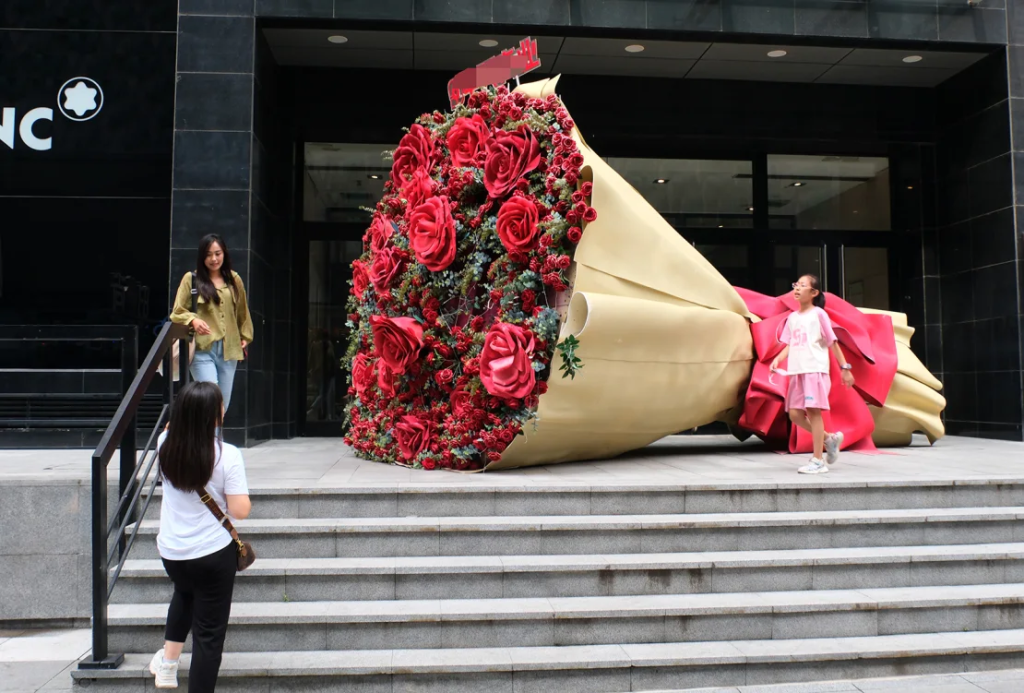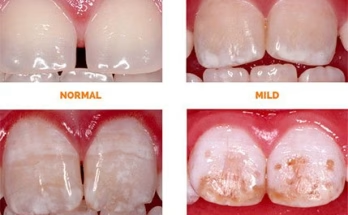During China’s go-go years, young couples holding enormous bouquets of roses were a familiar sight during the Qixi Festival, an ancient holiday celebrating love and loyalty.
People would flock to social media to show off brand-new iPhones and Louis Vuitton handbags gifted by their partners, as well as photos of dinners at fancy restaurants, during the Chinese version of Valentine’s Day, which typically falls in July or August each year.
That was when China’s economic growth was the envy of the world. This year’s festival was on Saturday, and it was a very different story. People went online to complain about the lack of gift giving and festive spirit, citing a sluggish economy and tough job market.
The hashtag “consumption plummets on Chinese Valentine’s Day. Are young people unwilling to pay the love tax?” became the No 1 trending topic on the Weibo platform on Saturday, drawing 200 million views.
“The Qixi Festival is not as robust as previous years. It feels almost desolate,” one user wrote.
Owners of some flower shops took to Xiaohongshu, another popular platform, to bemoan the lack of customers, posting images of unsold roses lining their stores. CNN was not able to independently confirm their claims.
Other posts recalled forlornly that couples used to have money to spend when the world’s second largest economy was doing well. China is currently plagued by a litany of woes from sluggish consumer spending to a persistent property slump and a mounting debt crisis.

Alfred Wu, an associate professor at the Lee Kuan Yew School of Public Policy at the National University of Singapore, said that young people, who used to be big spenders during Qixi, are struggling to find jobs.
“I think the overall sentiment is very bad and consumers are very conservative,” he said, adding that the negative sentiment has become “the overall pattern” and “not just one festival.”
The anecdotal drop in spending appears to align with the “weak-consumption trend witnessed over the past two years,” said market strategist Yeap Jun Rong from trading provider IG, adding that China’s consumer confidence is “hovering around its record low.”
How China’s lovers behave is an issue for global businesses — and the government in Beijing. In recent weeks, a number of Western multinationals, from cosmetics giant L’Oreal to carmaker Volkswagen, have sounded the alarm over weak demand in China as consumer confidence remains in the doldrums.
A government push
The lackluster mood is also affecting the Chinese government’s efforts to encourage marriage as a way of addressing falling birth rates and an aging population. A shrinking population is likely to be a drag on economic growth.
In the first half of 2024, just 3.43 million couples got married, half the number recorded for the same period 10 years ago, according to the Ministry of Civil Affairs.
On Saturday, state broadcaster CCTV released a video featuring rare family portraits of a young Chinese leader Xi Jinping, his wife Peng Liyuan and their baby daughter to celebrate their marriage, which spanned more than three decades.

Sounding the alarm
Qixi, which has been celebrated for thousands of years, falls on the seventh day of the seventh month in the lunar calendar. (Most of the world uses the solar, or Gregorian, calendar.) According to legend, it is the one day a year that mythical lovers Niulang, a cow herd, and Zhinu, a weaver, are able to meet on a celestial bridge.
In previous years, it was a fertile opportunity for Chinese and Western companies to market their wares. But that has changed. Global CEOs are no longer able to count on China as a commercial stalwart.

“I think everybody knows that since we came out of the Covid restrictions beginning of last year, consumer sentiment, it didn’t come back,” Mercedes Benz Group chairman Ola Kaellenius told analysts on July 26. “We don’t know how long it will take, what it will take for China’s consumers to regain that confidence.”



